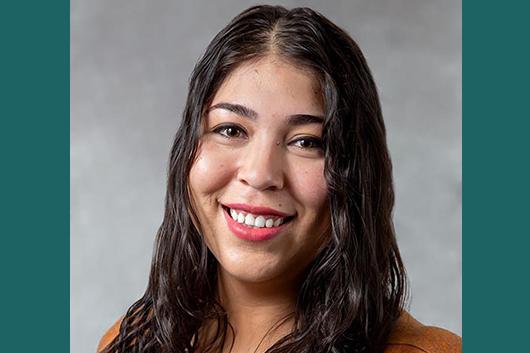How to approach debugging; Fostering student engagement using active learning and DEI practices

LUNCH
Lunch is served at 11:45 AM.
ABSTRACT
Promoting student engagement and inclusion is a complex and multi-dimensional process. Numerous research studies have shown that active learning techniques drive inclusive teaching by promoting multiple engagement methods that benefit all students, including those from marginalized groups. Furthermore, this student-centered approach to teaching can be integrated at all levels of the Computer Science curriculum to promote higher-order thinking and skills.
The first half of the talk will be an interactive mock lecture covering fundamental debugging skills at the CS101 level, utilizing active learning and inclusivity practices. Debugging is a complex software engineering skill that is counterintuitive as it requires abstract logical thinking. As a result, new programmers tend to rely on inefficient random code inspection as the default form of troubleshooting. This mock lecture will address this concern by first creating a mental model for how students should approach debugging, then introducing concrete systematic steps for troubleshooting code.
The second half of the talk will dive into detail on the active learning techniques and diversity, equity, and inclusion (DEI) practices demonstrated within the mock lecture. These practices will include interactive exercises involving discussion within the audience. The talk will also discuss how student data collection is used to tailor the lecture. Finally, we will conclude with how I plan to evolve my teaching practices.
SPEAKER BIO
Yesenia Velasco has a master's degree in Computer Science from Duke. Post-graduation, she became a Teaching Associate, where she regularly assists with Introduction to Computer Science (CS101), Introduction to Computer Systems (CS210), and Computer Architecture (CS250). As a Teaching Associate, she's worked closely with many professors, studying their teaching philosophies and how they conduct their courses. This experience and learning from CS Education research have led to vast growth in her teaching philosophy. During the summer terms, Yesenia has taught her own courses: Programming and Problem Solving (CS94) and Introduction to Computer Science (CS101).







